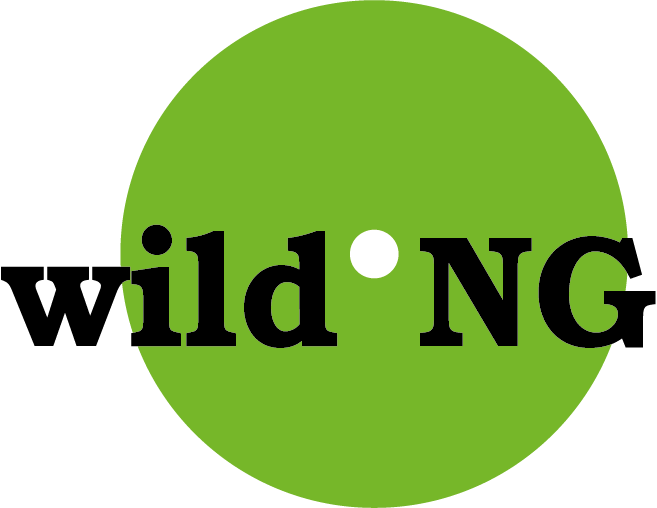
#poisonfreepavements
Street wildlife gardening events 15th and 16th March 2024
🌱
Street wildlife gardening events 15th and 16th March 2024 🌱
Our campaign aim
We are campaigning for Nottingham City Council to stop routinely spraying our residential and community streets with herbicide and to be poison free!
We want Nottingham City Council to use alternative solutions on our streets and in public places. Recently they stopped using herbicide in all city parks and we must see this extended to our residential streets, verges, playgrounds and schools.
Over 40 countries have now banned, or are in the process of banning, the use of Glyphosate (herbicide). The city of Paris has been herbicide free for over a decade! Barcelona is herbicide free too. In the UK approximately 80 councils are taking action to stop or reduce the use of herbicide. The streets of Edinburgh, Bristol, Doncaster, Brighton, Colchester …. and many more towns and cities are now herbicide free.
Lets make Nottingham a leading green city
What’s the problem?
Glyphosate (herbicide) is a powerful poison, it kills all plants and is blanket sprayed on our community streets with the aim of killing unwanted plant life.
It is important to recognise that herbicides not only effect the plant they are targeted at, but can have negative, and unforeseen impacts on non-targeted organisms, including humans. This poison not only kills wildflowers, but also kills insects, many of which are important pollinators and also a critical food source for other animals such as garden birds and small mammals like bats and hedgehogs. The run off from herbicides can also reach water courses and rivers, impacting aquatic and other wildlife way beyond our front door!
Glyphosate is a toxic chemical and exposure to it is also strongly linked to serious illnesses and diseases in humans.
The World Health Organisation’s International Agency on Research on Cancer announced that Glyphosate probable cause of a type of cancer called non-Hodgkin’s Lymphoma. The same agency also declared Glyphosate to be genotoxic (causing damage to DNA) and carcinogenic to animals, yes that’s our pets!
We don’t want our children picking a dandelion on their walk home from school when it may have been sprayed with Glyphosate earlier that day. We are not informed when our streets are sprayed!
So why does our city use herbicides?
Keeping our streets ‘tidy’ and to stop the spread of ‘weeds’, our city, like many others across the UK, uses chemicals to manage plants and wildflowers.
The growth of wild flowers, for some residents, is seen as untidy and a indicator of neglect. The City Council’s traditional response to this has been a ‘scorched earth’ policy of Glyphosate use, taking the cost effective option over biodiversity and wildlife conservation.
It is believed to be cheaper to blanket spray a street (you may have seen the NCC cleansing team kitted out in protective gear on a buggy and with a spray gun in hand) than to use alternative poison free methods. There are a number of cheap and effective alternatives and we believe as residents we can help offer some simple and positive solutions.
Tidy verse wild
We at wild.NG understand that it depends on which lens you look through as to your opinion of street plants. Some of us see them as beautiful and wild, whilst others see them as an urban eyesore.
Since our first wildflower pavement graffiti workshop in May, wild.NG has gained a swell of support from our community (local and city wide) and have had over 60 streets register as wild.NG streets. This has greatly inspired us to realise that more and more people living in our community are recognising the beauty and value of urban wild flowers.
The whole of Sherwood Ward in Nottingham has been poison free since 2023 and now into its second year for 2024!
Nottingham city residential streets are routinely spayed with herbicide cycles (up to three) each spring/summer to manage plant growth.
We are hearing more and more from our neighbours and local residents, that they will not tolerate poisons being sprayed outside of their front doors and want a city free of glyphosate and poisons.
We at wild.NG believe wildflowers should be left to flower before being removed (if they need to be removed at all) benefiting wildlife throughout the spring and summer months. If they are removed this is achieved in a gyphosate (non toxic) method.
It does sometimes get wild out there, and areas need a poison free management plan, which we are working with Nottingham City Council to achieve this.
A bee friendly city: Our journey to now
Following our very popular Pavement Wildflower Graffiti events and our #poisonfreepavements campaign, we have were contacted by Nottingham City Council to enter into talks, September (2021), concerning the future use of Glyphosate in our project area.
NCC then agreed to pilot with us in 2022, and thanks to over 100 local residents registering their streets and to be volunteer Wildlife Champions we have 53 streets taking part in our wild.NG area
The whole of the Sherwood Ward area became poison free in 2024 and this pilot has since been extended to 2024. Nottingham City Council is now taking leadership of the care of streets - poison free - with volunteer and wild.NG support via community engagement and awareness raising.
Our campaign continues
With harsh budget cuts and financial challenges facing the UK and in particular Nottingham city, we need to keep our campaign strong as the spraying of glyphosate is sadly a cheap and simple solution. Please help us continue to voice for a healthier and greener place to live for ourselves and for nature.


